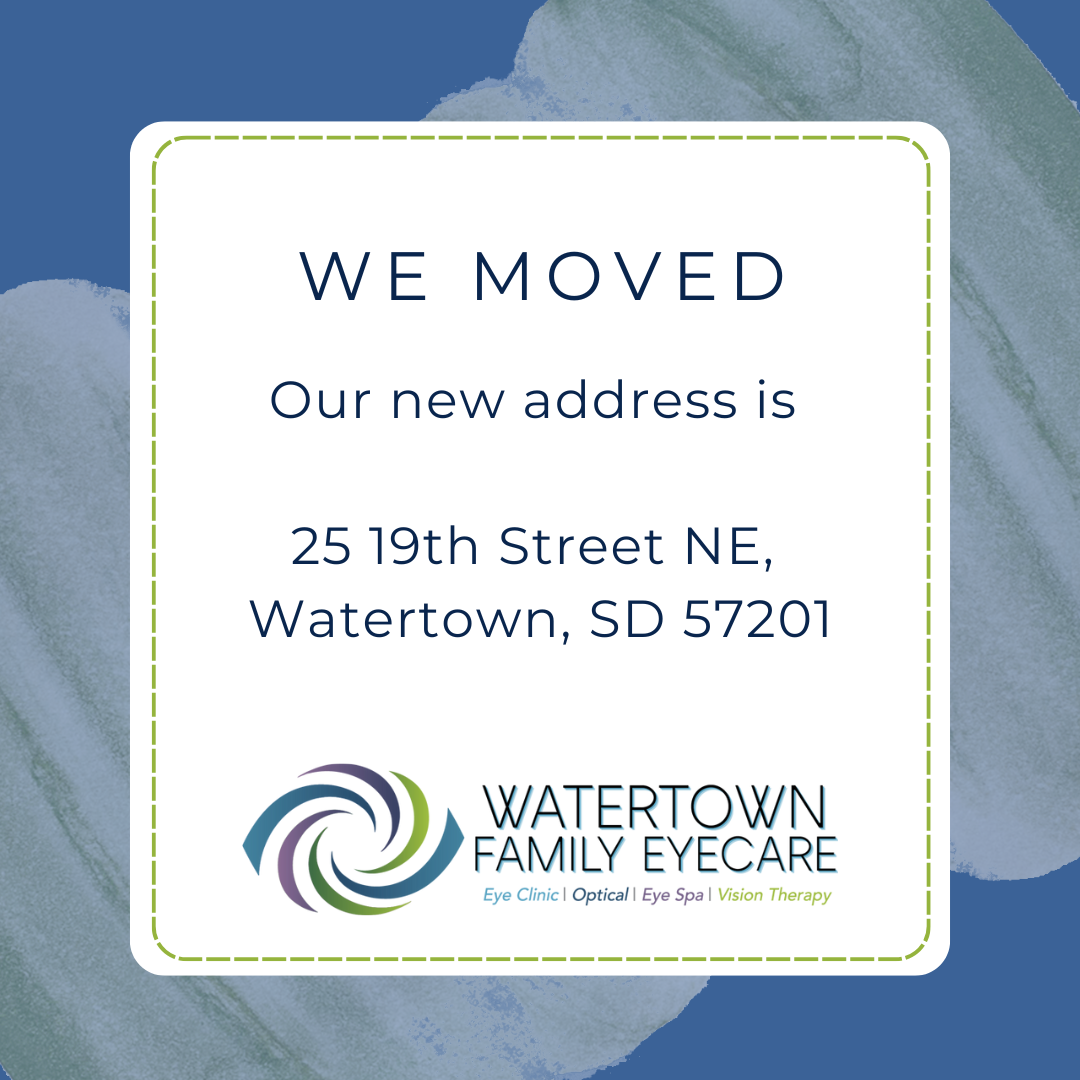
As a parent, you want to make sure that your child is healthy and thriving in every aspect of their life. One important aspect that should not be overlooked is your child's vision. Vision plays a crucial role in a child's development, as it helps them learn, explore, and navigate the world around them.
Common Eye Conditions in Children
Children can experience a range of eye conditions that can affect their vision and overall eye health. One common condition is myopia, also known as nearsightedness, where objects in the distance appear blurry. Another condition is hyperopia, also known as farsightedness, where objects up close may appear blurry. Astigmatism, a condition where the cornea is irregularly shaped, can also impact a child's vision. Additionally, children may develop lazy eye (amblyopia) or crossed eyes (strabismus). These conditions can hinder a child's ability to focus, track objects, and perceive depth accurately.
Signs that Indicate a Child May Need an Eye Exam
It is important to be aware of the signs that may indicate your child needs an eye exam. If your child frequently complains of headaches, eye strain, or blurred vision, these could be signs of an underlying vision issue. Noticeable squinting, holding objects too close to their face, or excessive eye rubbing may also indicate a vision problem. If your child consistently struggles with reading, writing, or learning in school, it could be due to an undiagnosed vision issue. Additionally, if your child frequently loses their place while reading, frequently tilts their head, or has difficulty with hand-eye coordination, it may be time to schedule an eye exam.
When Should a Child Have Their First Eye Exam?
Experts recommend that children have their first comprehensive eye exam between the ages of 6 and 12 months. During this exam, an optometrist will evaluate your child's eye health, check for any visual abnormalities, and assess their visual development. This early examination is crucial as it can help detect any potential vision issues that may require intervention or treatment.
If your child's initial eye exam reveals no concerns, it is recommended to schedule another exam at age 3, and then again before starting school, around age 5 or 6. Regular eye exams throughout childhood and adolescence are crucial for maintaining optimal vision health.
The Importance of Regular Eye Exams for Children
Regular eye exams for children are essential for multiple reasons. First, they allow early detection of any vision issues or eye conditions. Early intervention is crucial in addressing and managing these issues effectively. Detecting and treating vision problems early can prevent them from worsening and potentially impacting a child's development and academic performance.
Additionally, eye exams can help identify any eye health problems, such as allergies or infections, that may require treatment. Regular eye exams can also ensure that your child's prescription glasses or contact lenses are up-to-date, providing them with the best possible vision correction.
Prioritizing Your Child's Vision and Eye Health
Prioritizing your child's vision health from an early age is crucial for their overall well-being and development. By being proactive and scheduling regular eye exams, you can ensure that any vision issues or eye conditions are detected and addressed promptly. Early detection and intervention can prevent potential complications and allow your child to thrive academically and socially.
Prioritize your child’s vision and eye health by scheduling their eye exam today, visit Watertown Family Eyecare at our office in Watertown, South Dakota. Please call (605) 753- 3937 to book an appointment today.







